Who is Uber's new boss Dara Khosrowshahi?
Global firm's CEO is a high-flying Iranian-American with a PR crisis to fix and a predecessor who's still involved

A free daily email with the biggest news stories of the day – and the best features from TheWeek.com
You are now subscribed
Your newsletter sign-up was successful
Uber to offer self-driving cars 'within weeks'
19 August
Uber will begin offering self-driving cars later this month, said the company's boss in a surprise announcement.
Chief executive Travis Kalanick said the launch would take place in Pittsburgh, in the US, and will initially involve a driver acting as a supervisor to take control if necessary.
The Week
Escape your echo chamber. Get the facts behind the news, plus analysis from multiple perspectives.

Sign up for The Week's Free Newsletters
From our morning news briefing to a weekly Good News Newsletter, get the best of The Week delivered directly to your inbox.
From our morning news briefing to a weekly Good News Newsletter, get the best of The Week delivered directly to your inbox.
Bloomberg Businessweek says Uber hopes eventually to replace its one million drivers with a massive fleet of self-driving cars, although the company has yet to comment on the claim.
Two self-driving buses have already been rolled out in Finland's capital Helsinki, operating alongside traffic and commuters in one of the first trials of its kind, reports The Guardian.
Kalanick's announcement "will be a wake-up call" to Google and Elon Musk's Tesla and is "a measure of just how much money Uber has invested in its automated driving research programme", says the BBC's technology correspondent, Rory Cellan-Jones.
While little is known about modified driverless cars, Volvo confirmed it is taking part in a "joint project" with the ride-sharing app "for the next stage of their own autonomous car strategies".
A free daily email with the biggest news stories of the day – and the best features from TheWeek.com
Away from its technological advance, Uber remains mired in the more prosaic world of courtroom battles as it continues to fight against attempts to be classified as a regular taxi firm with obligations to its drivers as employees.
A judge in the US has rejected a $100m (£77m) settlement the company had reached with lawyers acting for 385,000 drivers, who were claiming for the likes of holiday and expenses.
The BBC's North America technology reporter, Dave Lee, says Uber will solve the problem "like it solves all of its problems: by throwing more money at it" - and that it should not pose a long-term problem to classifying US drivers as contractors.
Of course, if in time it doesn't use human drivers at all, then the problem will truly go away for good.
Uber takes Tfl to court over English language tests
18 August
Uber may be set for another day in court but this time it plans to bring the legal action rather than play a defending role.
The San Francisco-based company's UK arm has applied to the High Court to challenge new regulations brought in by Transport for London (TfL) at the end of June, which among other measures will introduce tough English language tests for many drivers.
Drivers from non-English speaking countries will have to undergo both spoken and written exams, including writing a short prose essay or letter, says The Guardian.
Tom Elvidge, Uber's general manager for London, has complained that the tests go far beyond the standard required in the British citizenship test – and even exceed the requirements for public sector workers in customer-facing roles.
He also complains that the rules require the firm to operate a 24-hour London-based call centre and for its drivers to hold commercial insurance all year round, even if they do not operate commercially through the whole year.
He says the final proposals include significant changes from earlier consultation drafts, which for example did not include the written English test.
"The goalposts have moved at the last minute and new rules are now being introduced that will be bad for both drivers and tech companies such as Uber," says Elvidge, who believes the cumulative effect will be to put thousands of its drivers out of business.
The language exams are likely to be challenged under the Equality Act on the basis that they only apply to individuals from certain countries.
A TfL spokesman said: "These [measures] have been introduced to enhance public safety when using private hire services and we are determined to create a vibrant taxi and private hire market with space for all providers to flourish."
Uber is no stranger to the courtroom and is currently fighting legal actions both in the UK and US against drivers demanding full employment rights, as well as in Europe over its ride-sharing app.
Uber calls for protests against plan to test drivers on their English
10 August
Uber has called on its users to lead an outcry over proposals for an English language exam for drivers that it says could put thousands out of business.
Under plans confirmed earlier this year by Transport for London (TfL), all minicab drivers born outside the UK will be required to complete a £200 English language test that includes a two-hour written exam, says The Guardian. The new rules will come into force on 1 October.
In an email to customers, Uber London's general manager, Tom Elvidge, says the requirements are tougher than those for the UK citizenship test, which asks for general speaking and listening proficiency, and even exceeds the level demanded of civil servants in "customer-facing roles".
He asks users to write to London Mayor Sadiq Khan, offering them a set text to copy that states the test "goes way beyond what's needed to help Londoners get from A to B".
It adds: "I agree with you that it's vital London remains open and that everybody has the chance to succeed, whatever their background. However, I'm concerned that new rules from Transport for London will threaten the livelihoods of thousands of licensed private hire drivers in our city."
A spokesman for Khan says: "Sadiq is determined to create a vibrant taxi and private hire market, with space for all providers to flourish, while driving up standards by introducing a comprehensive package of measures that will improve safety and the quality of service offered to all Londoners."
The ride-hailing firm is also calling for changes to the rules that will require drivers to hold commercial insurance all year round, even if they only work for part of the year.
Uber has already spoken out against rules requiring all taxi operators to inform TfL of changes to their business model before they are rolled out, which it argues would apply to app updates to change its payment options and would lead to delays in technological improvements.
TfL said the changes were "being introduced to raise standards in London's private hire industry, improving safety and convenience for customers".
Uber sells Chinese operations to local rival
2 August
Uber is to sell its Chinese operations to its local rival Didi Chuxing in a $36bn (£27bn) deal that ends the company's expansion into the world's fastest growing ride-sharing market.
Uber is "admitting defeat in its attempts to overthrow Didi and control the fast-growing Chinese market", a project that has cost the San Francisco-based app giant more than $2bn (£1.5bn) in two years, says the Daily Telegraph.
Despite launching a full year before Didi, Uber has been "outmanoeuvred by the home-grown player, which added localised features, landed powerful investors and wooed local regulators and press", says the Wall Street Journal.
"As an entrepreneur, I've learned that being successful is about listening to your head as well as following your heart," says Uber CEO Travis Kalanick.
Under the terms of the deal, Uber and the investors in its Chinese arm will get 20 per cent of the enlarged business, which will be valued at around $36bn. Didi will also invest $1bn back into Uber.
China is poised to introduce new ride-hailing regulations that will give an edge to the player with the largest user base. In May, Didi had four times as many users as Uber, and fulfilled more than 40 million ride requests.
It's not the first time American internet companies have failed to conquer China.
While Google, Facebook and Twitter have come up against the "deal-breaker barrier of Chinese censorship", says the Journal, less politically-sensitive tech companies like Yahoo, eBay and Amazon have "stumbled as Chinese rivals adapt more quickly to the preferences of the Chinese consumer".
Uber faces court fight over drivers' employment rights
20 July
Uber's legal fight to define itself as a technology, rather than a taxi, company has arrived in the UK.
The GMB union is backing two Uber drivers in a tribunal test case, Sky News reports. Both argue they should be offered employment rights such as sick pay, holiday allowance and a guaranteed minimum wage.
Lawyers for the union are also pursuing allegations that drivers' pay is routinely docked.
The GMB said the two cases would have a material impact on 17 other claims brought against Uber and could have wider implications for its 30,000-strong workforce in London.
It added the suits are the first time Uber will have to defend itself in the UK over its classification of drivers as self-employed contractors - a touchstone issue for the company and the subject of numerous claims around the world.
Uber has expanded rapidly to become the largest ever venture-backed company, worth £50bn and active in 70 countries.
It provides a technology platform, the Uber app, which it says allows individuals to earn money flexibly as drivers.
But it maintains that those drivers are independent and that it is not like its taxi rivals, such as black cabs in London.
This is critical to it being able to circumvent regulation applying to taxi firms and companies in general, which in turn is why the service is so cheap.
Earlier this year, to avoid a critical judgement that could have set a worrying precedent, Uber agreed to pay $84m (£64m), potentially rising to $100m (£76m), to settle a class action suit affecting 350,000 drivers in California.
The issue remains unresolved, however, after a judge refused to back the settlement until Uber and lawyers acting on behalf of the drivers explain how they calculated the damages figure.
In a new ruling, the judge ordered that the parties must present the "factual basis" for the figures, which will be used to establish the damages due to each driver with a valid claim, and to explain why drivers dropped so far from an original demand of $1bn (£760m).
-
 The environmental cost of GLP-1s
The environmental cost of GLP-1sThe explainer Producing the drugs is a dirty process
-
 Greenland’s capital becomes ground zero for the country’s diplomatic straits
Greenland’s capital becomes ground zero for the country’s diplomatic straitsIN THE SPOTLIGHT A flurry of new consular activity in Nuuk shows how important Greenland has become to Europeans’ anxiety about American imperialism
-
 ‘This is something that happens all too often’
‘This is something that happens all too often’Instant Opinion Opinion, comment and editorials of the day
-
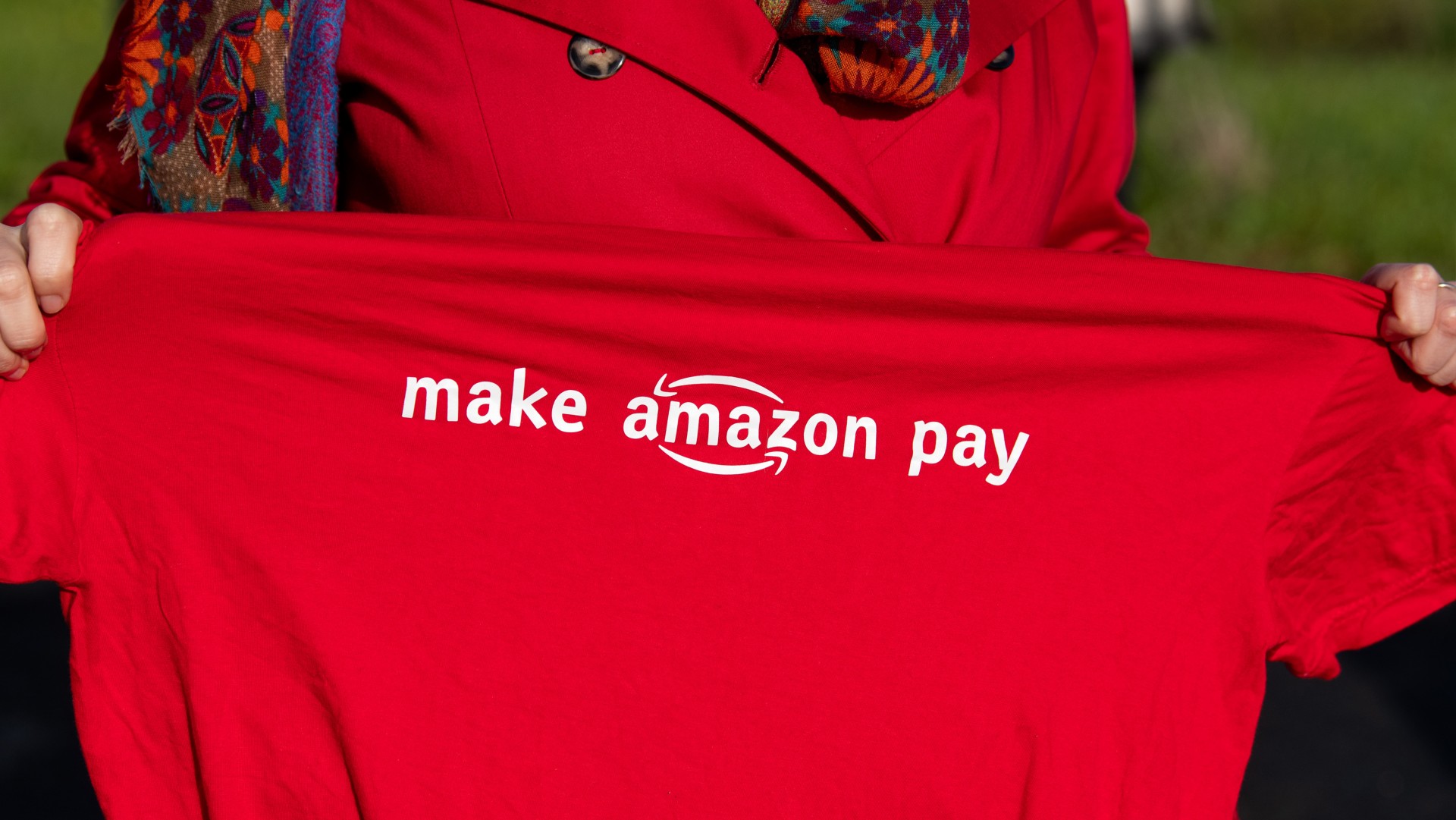 How Amazon’s first UK strike could be a sign of things to come
How Amazon’s first UK strike could be a sign of things to comefeature Big Tech is facing increasing pressure from unions as cost-of-living crisis fuels nationwide unrest
-
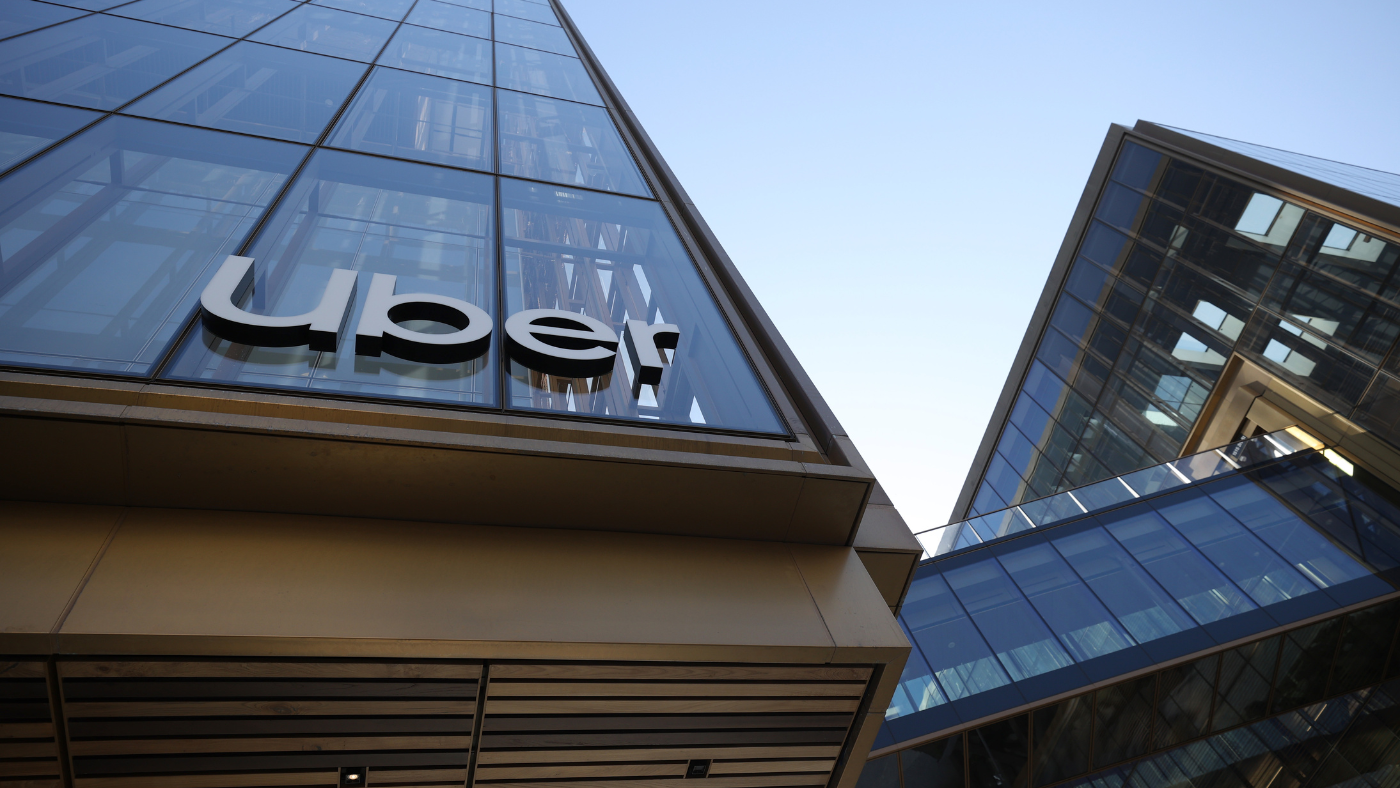 Uber files: what ‘unprecedented leak’ revealed
Uber files: what ‘unprecedented leak’ revealedSpeed Read Investigation exposes extent of government lobbying by Silicon Valley start-up between 2013 and 2017
-
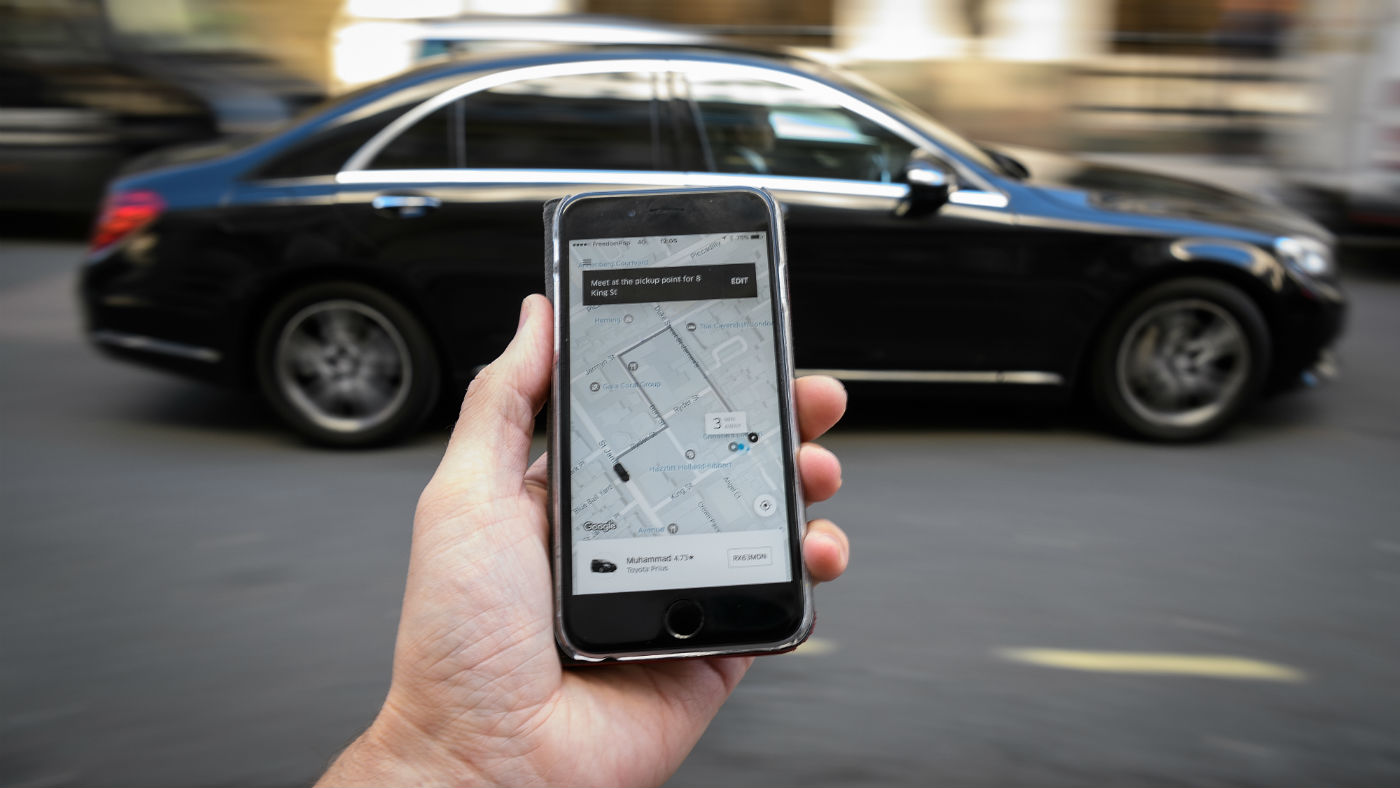 Uber vehicle fleet to be fully electric by 2040
Uber vehicle fleet to be fully electric by 2040Speed Read Ride-hailing company is setting 2030 target for UK in new plan to tackle climate crisis
-
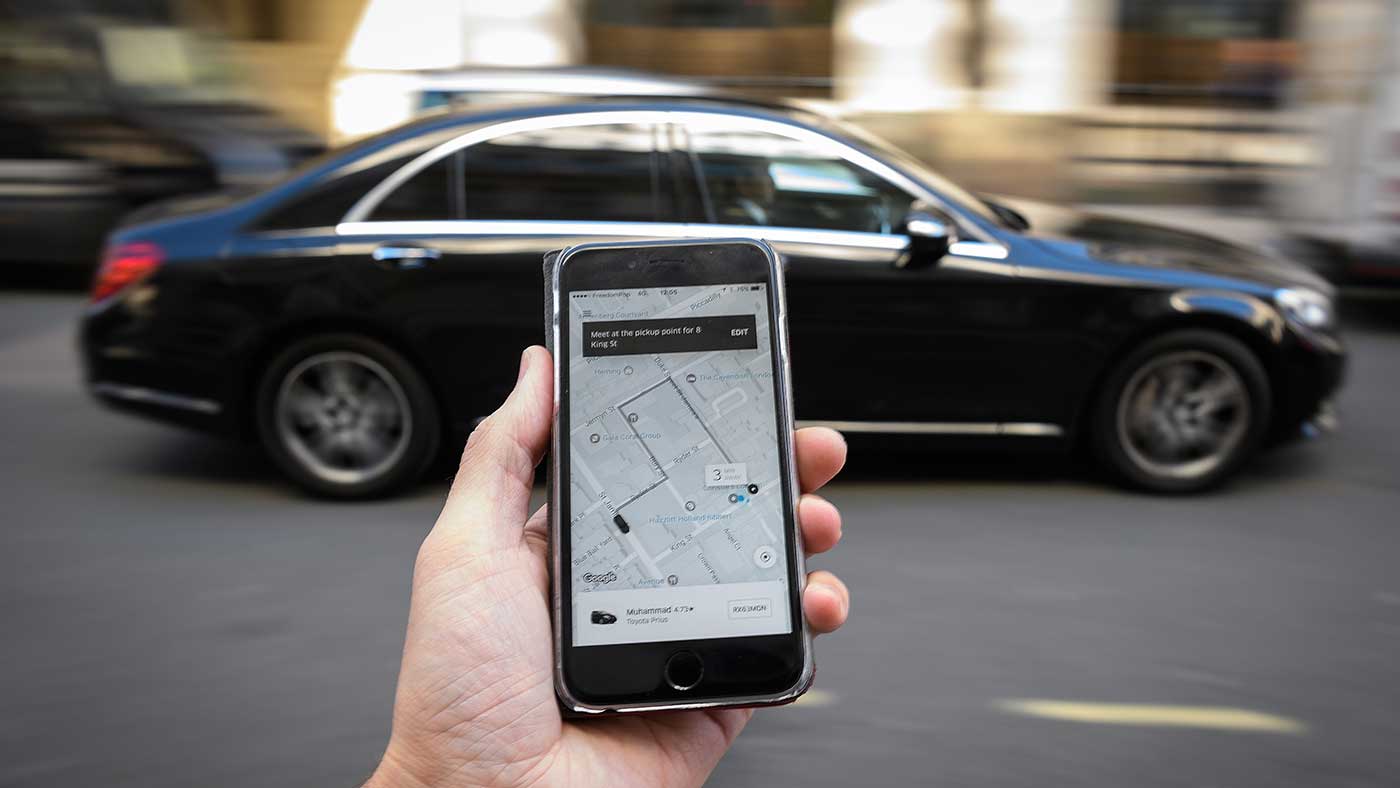 Uber’s licence renewed for two months in London
Uber’s licence renewed for two months in LondonSpeed Read Ride-hailing app lost its bid to reinstate its full operating licence in the capital
-
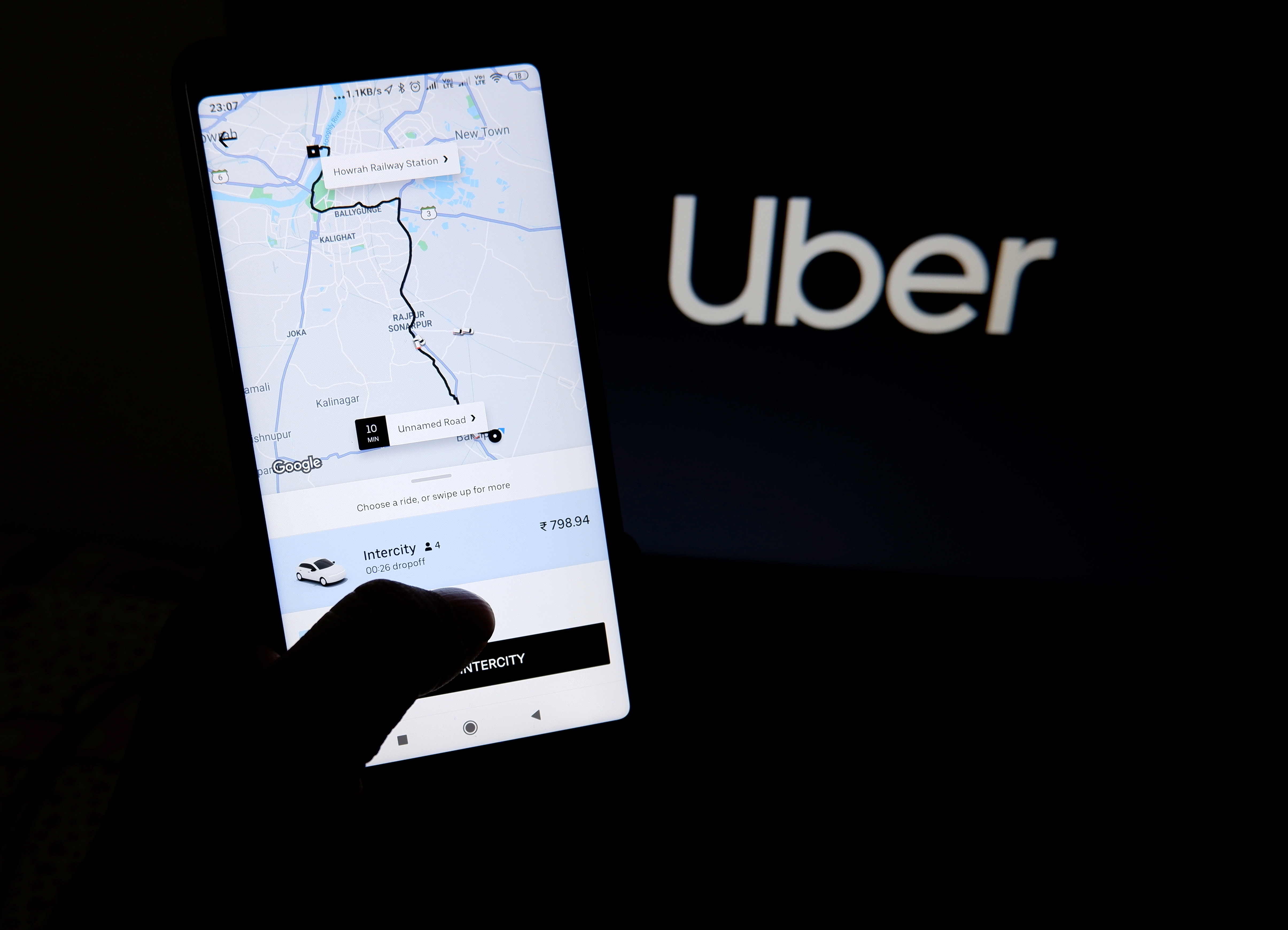 Uber reports $5.2 billion loss in Q2
Uber reports $5.2 billion loss in Q2In Depth The ride-hailing giant also revealed its slowest revenue growth ever
-
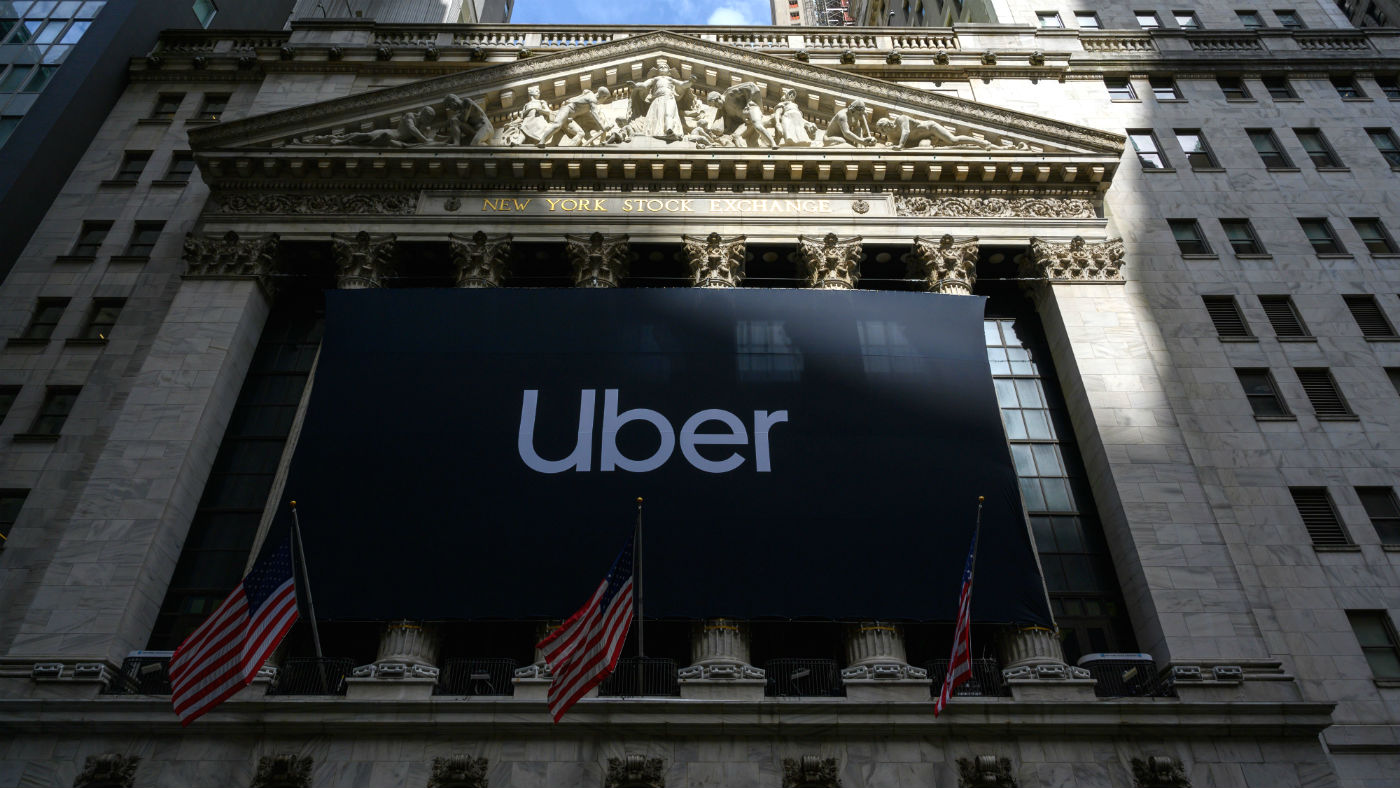 Are we headed for dotcom bubble 2.0?
Are we headed for dotcom bubble 2.0?In Depth Flotations of loss-making firms hit 2000 levels amid warning signs bubble could be about to burst
-
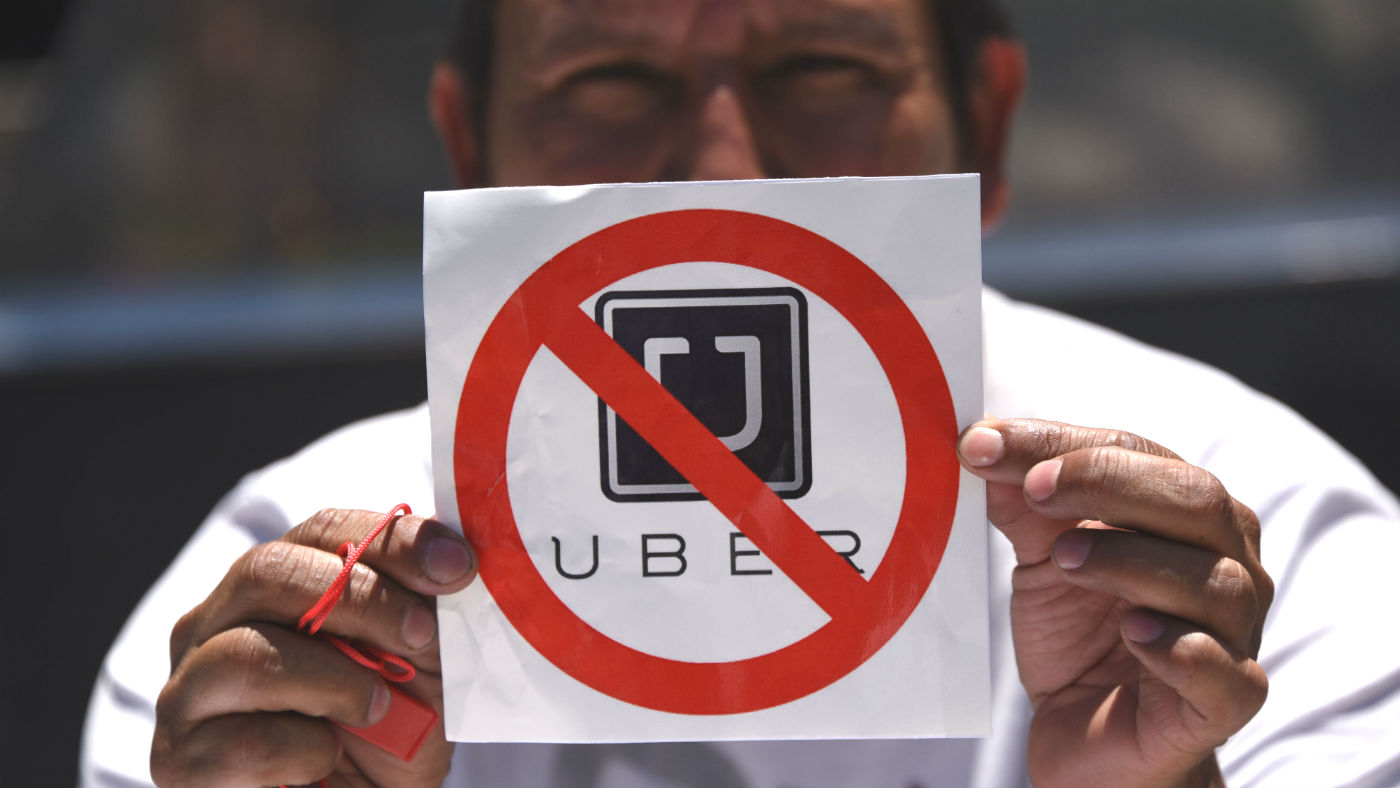 Uber drivers stage global strike ahead of IPO
Uber drivers stage global strike ahead of IPOSpeed Read Walk-out timed to coincide with Uber’s much-anticipated $100bn stock listing on Friday
-
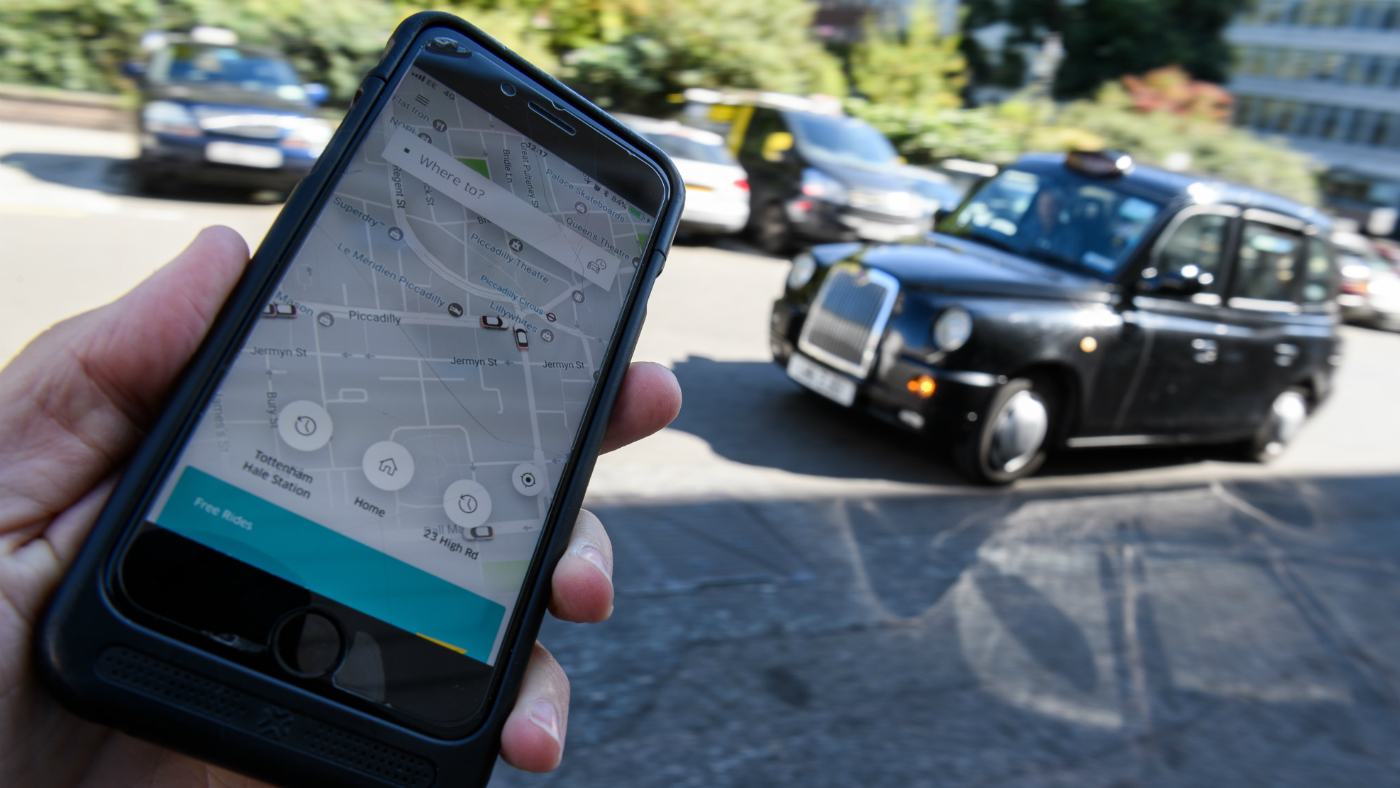 Why Uber is in court again
Why Uber is in court againSpeed Read Ride-hailing platform fighting to restore London licence